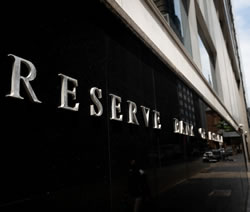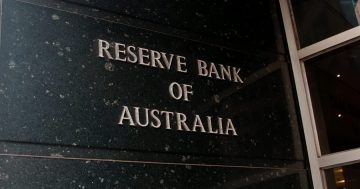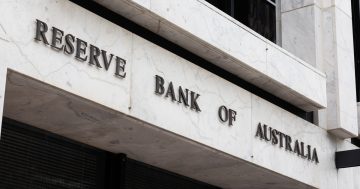Financy* says the Reserve Bank of Australia’s recent interest rate hike may be good news for women.
 As an investor, it’s welcomed news to hear of a slowdown in construction and house price growth because it might just help narrow the gender gap in property.
As an investor, it’s welcomed news to hear of a slowdown in construction and house price growth because it might just help narrow the gender gap in property.
According to new analysis by CoreLogic published last month, women have less share of property ownership than men, and have been disproportionately disadvantaged by recent wealth gains from real estate.
Recent housing market conditions have only exacerbated the inequality between homeowners and non-homeowners.
In the past two years, dwelling values were bolstered by a combination of low interest rates, low levels of advertised stock, and high household savings coupled with a swathe of fiscal policies to incentivise home purchases.
Dwelling values, which describes both detached houses and units, surged 22.4 per cent across Australia in the 12 months to January.
This was the highest annual growth rate since 1989.
Over this period, we also saw a persistent gender pay gap, which is currently at 13.8 per cent in November 2021.
One of the implications this has for property ownership is that men, on average, have a greater potential for faster accumulation of a home loan deposit.
In the annual study into home ownership by gender, CoreLogic found that 26.6 per cent of Australian property is female owned, whether as part of a couple or individually), compared to 29.9 per cent male ownership.
Rates of female home ownership in Australia were found to be highest in more expensive areas such as greater Sydney (31.9 per cent), including the Sydney submarkets of Eastern Suburbs (37.1 per cent), North Sydney and Hornsby (37.0 per cent) and City and Inner South (36.2 per cent).
The big question now is what do higher interest rates mean for women, and could economic conditions help to close the wealth gap in property? We think so, although don’t expect radical change.
According to AMP chief economics the Australian property market is about to see a price correction.
“Australian home prices are likely to fall by 10 per cent to 15 per cent into 2024 primarily as a result of poor affordability and rising interest rates,” notes Dr Oliver in a note to investors.
“The negative wealth effect from falling home prices should help limit how much the Reserve Bank of Australia (RBA) raises interest rates.
“A change in Government is unlikely to significantly affect the outlook for home prices, but medium-term price gains are likely to be more constrained as the tailwind from ever lower interest rates comes to an end.”
If you want to play a part in helping to close the wealth gap, consider this:
- Delay your next property investment until prices begin to fall – next year is looking better.
- If you need to buy soon bargain like your life depends on it.
- Position yourself in a career with job security to ensure you are ready to apply for a home loan if interest rates do rise and property prices do fall.
*Financy creates and publishes a variety of content on women’s money matters.
This article first appeared at financy.com.au.










